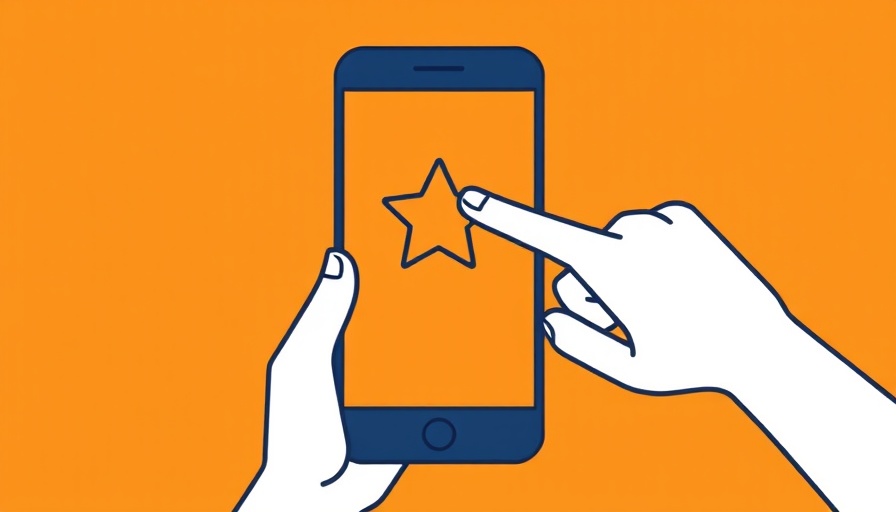
Anthropic’s Legal Victory: What It Means for the AI Industry
In a significant ruling for the artificial intelligence domain, Anthropic, a cutting-edge AI company, has secured an early legal victory in the ongoing copyright battle with major music publishers. A California federal court, presided over by U.S. District Judge Eumi Lee, dismissed the request from music publishers, including Universal Music Group (UMG), Concord, and ABKCO, aimed at halting Anthropic’s use of lyrical content to train its AI chatbot, Claude.
The judge’s ruling highlights an evolving landscape where AI companies are increasingly intertwining with creative industries. The music publishers have raised concerns that their copyrights are being infringed upon as they argue that Anthropic used their lyrics—featuring artists like Beyoncé, the Rolling Stones, and the Beach Boys—without permission. However, Judge Lee emphasized that the plaintiffs failed to convincingly demonstrate that Anthropic’s actions would cause them 'irreparable harm.'
The Broader Implications of Copyright in the AI Debate
Anthropic’s victory is not merely a win for the company but raises fundamental questions about copyright law in the digital age. As AI technology evolves, the line between fair use and copyright infringement becomes increasingly nebulous. Tech giants, including OpenAI and Microsoft, have previously defended their actions by claiming their AI systems engage in 'fair use' to understand and generate new content.
According to legal experts, this ongoing debate emphasizes a critical juncture for the music and creative industries. In a rapidly changing marketplace, understanding how AI technologies make use of existing intellectual properties could redefine licensing practices and the future of digital content creation.
Fair Use at the Core of the Conflict
At the heart of the court's recent decision lies the legal concept of 'fair use.' This doctrine allows limited use of copyrighted material without requiring permission from the rights holders under certain conditions. Judge Lee pointed out that the publishers’ argument would involve developing a new licensing framework for AI training—something that remains unsettled in legal discussions.
As AI-powered applications become more prevalent, publishers must think strategically about how to protect their rights while fostering an innovative environment. This case underscores the necessity for stakeholders in the music industry to engage in the dialogue surrounding AI ethics, copyrights, and potential industry transformations.
Tech Firms and Copyright: A Historical Perspective
The tension between technology firms and content creators is not new. Historical examples, such as the legal battles over file-sharing platforms in the early 2000s, illustrate the ongoing struggle over copyright and technology's role in the distribution of creative works. As we saw then, the rapid adoption of new technology often outpaces the legal frameworks designed to govern them.
Today's scenario is no different; as AI continues to rise, stakeholders need to adapt and establish guidelines that balance innovation with respect for intellectual property rights.
Future of AI and Copyrights: Navigating Uncharted Waters
The question remains: what does the future hold for AI companies like Anthropic? As they explore new technologies and methodologies for training AI systems, the implications for copyright law are paramount. The AI industry is poised to grow substantially, and its success will depend on how companies navigate the murky waters of intellectual property protections.
To predict the future, we must reflect on current trends and legal interpretations. It's likely that hybrid solutions, such as fair use, licensing agreements, and collaborative models, will emerge to balance the rights of content creators with the needs of AI developers.
Conclusion: Engaging with Legal Innovations
As the legal landscape continues to evolve, both music publishers and technology firms will need to adapt to maintain balance in their respective rights and interests. The ongoing dialogue about these crucial issues is essential. Given the recent court ruling favoring Anthropic, it’s essential for stakeholders within the creative industries to remain proactive in shaping a future where AI and copyright coexist beneficially.
Staying informed about these developments is crucial if you are involved in either the AI or music industries. The decisions made in court today could profoundly impact how the future unfolds for both sectors. Join the conversation about AI and copyright today!
 Add Row
Add Row  Add
Add 




 Add Row
Add Row  Add
Add 

Write A Comment